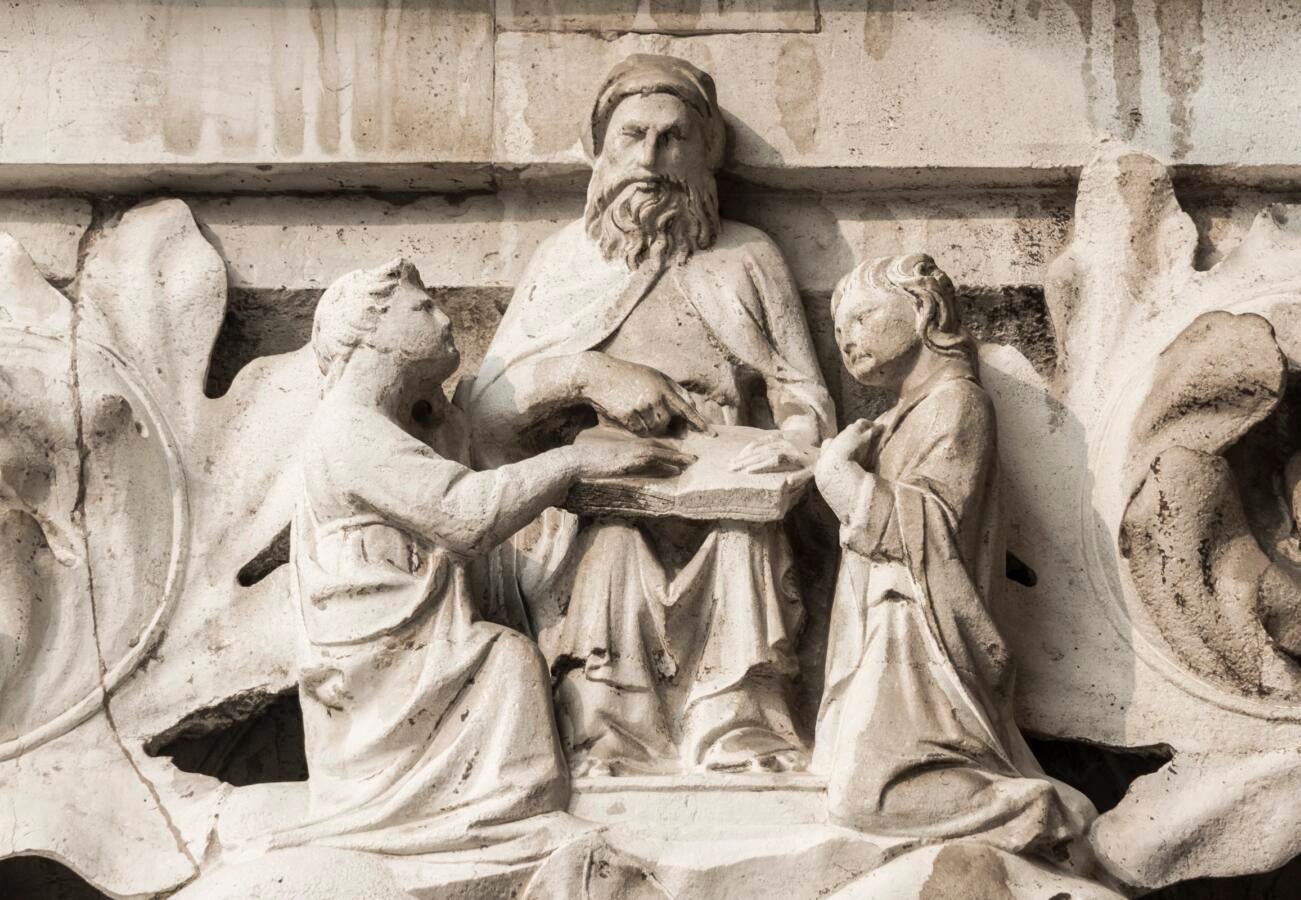Commentary on Parashat Vayeilech, Deuteronomy 31:1-30
In this week’s Torah portion, God tells Moses that he is about to die. For all of the years I have studied and taught this section of Torah, I imagined it would be a luxury to have this information, a privilege afforded only to our greatest prophet. But Moses seems to have taken this news not as a privilege, but as a burden.
In Deuteronomy 31:26, Moses does what we have come to expect of him — offering instructions to the Israelites about how they are to serve God. But in the very next verse, Moses bemoans that they are unlikely to perform the commandments after he is gone: “Well I know how defiant and stiffnecked you are: even now, while I am still alive in your midst, you have been defiant toward God; how much more, then, when I am dead.”
In the next verse, Moses tries again to continue his instructions, summoning the elders of the tribes that he may speak to them. And then again in the very next verse, he speaks with fear of his impending death: “For I know that, when I am dead, you will act wickedly and turn away from the path that I enjoined upon you, and that in time to come misfortune will befall you for having done evil in the sight of God, whom you vexed by your deeds.”
It makes sense that one who anticipates their own death might lash out with fear and anger about what will happen after. Moses is experiencing what psychologists call anticipatory grief. He worries that his values might not live on after he dies, that his legacy could die with him. Generations later, the hope or fear of what may happen after we die manifested itself in the writing of ethical wills, in which the dying seek to impart the wisdom they have gained over the course of their lives.
With your help, My Jewish Learning can provide endless opportunities for learning, connection and discovery.
Moses’ expression of his own fear can itself be read as an instruction to the Israelites to take to heart how very seriously he is worried about their future, and to use their respect for their teacher as a reminder to follow his instructions. He is also preparing them for his death, acknowledging the harsh reality of the change that death brings.
In grieving my own paternal grandmother, I recalled her expression of concern for the future of our family as her health declined. The matriarch of the family, her home had been our gathering place for holidays, birthdays, shivas and more. In her last months, she worried aloud whether her children and their families would continue to gather when she was gone. Indeed, after she died, the house was sold and the gatherings dwindled. But some of us still make an effort to show up at a celebration in person. And for me, the reminder of her anticipatory grief helps to guide me in my own grief.



